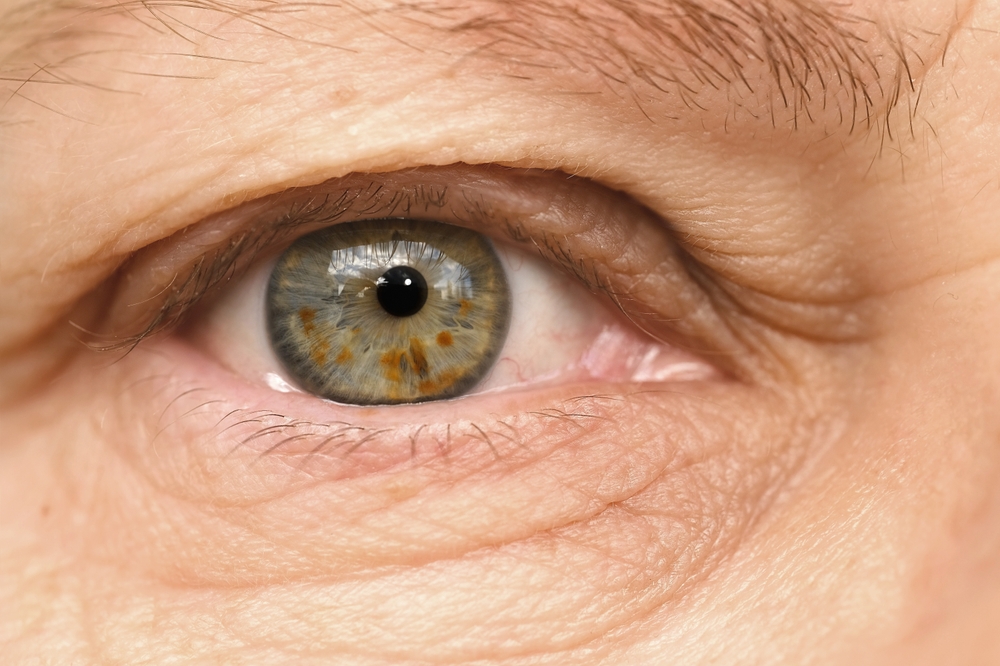
As we age, it’s common for our vision to undergo changes. While some of these changes are a natural part of aging, others may signal underlying eye conditions that require professional care. Knowing what to expect and when to seek help can make a significant difference in maintaining eye health and overall quality of life.
Understanding Age-Related Vision Changes
Aging can bring about several normal changes in vision, including:
Difficulty Focusing on Close Objects (Presbyopia): Most people begin to notice this change in their 40s, as the lens of the eye becomes less flexible.
Reduced Night Vision: Aging can lead to a decreased ability to see in low light, making driving at night or navigating dimly lit spaces more challenging.
Increased Glare Sensitivity: Sensitivity to bright lights, especially at night, is another common issue.
Changes in Color Perception: The lens can yellow with age, affecting how colors appear.
While these changes are typical, it’s important to differentiate them from signs of more serious conditions.
Signs It’s Time to See a Professional
Some vision changes warrant a visit to an eye care professional immediately. These include:
Sudden Vision Loss or Blurriness: This could indicate retinal detachment, macular degeneration, or a stroke.
Double Vision: Persistent double vision may signal muscle or nerve issues.
Floaters and Flashes of Light: Although floaters are common, a sudden increase or flashes of light may point to retinal detachment.
Eye Pain or Redness: These symptoms could suggest glaucoma or an infection.
Difficulty Adjusting to Light and Dark: This may signal cataracts or other conditions affecting the lens or retina.
Common Age-Related Eye Conditions
Many eye conditions become more prevalent with age, including:
Cataracts: Clouding of the lens that can affect vision clarity.
Glaucoma: Increased pressure in the eye, which can damage the optic nerve.
Age-Related Macular Degeneration (AMD): A leading cause of vision loss in older adults, impacting central vision.
Diabetic Retinopathy: A complication of diabetes that affects the blood vessels in the retina.
The Importance of Regular Eye Exams
Annual comprehensive eye exams are crucial for detecting and managing age-related eye conditions. Adults over 60 should have an eye exam at least once a year, even if they don’t notice significant vision changes. Early detection and treatment can preserve vision and prevent further complications.
Schedule Your Exam with Texas State Optical Today
At Texas State Optical, we are dedicated to providing exceptional eye care for all stages of life. Whether you’re experiencing normal age-related changes or symptoms of a potential eye condition, we’re here to help. Our comprehensive eye exams and advanced diagnostic tools ensure that we catch any issues early and provide tailored treatment options.
If you’ve noticed changes in your vision, contact Texas State Optical to schedule your eye exam and ensure optimal vision and eye health. Visit our office in Santa Fe, Texas, or call (409) 231-6800 to book an appointment today.










